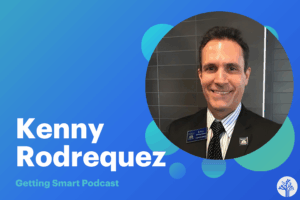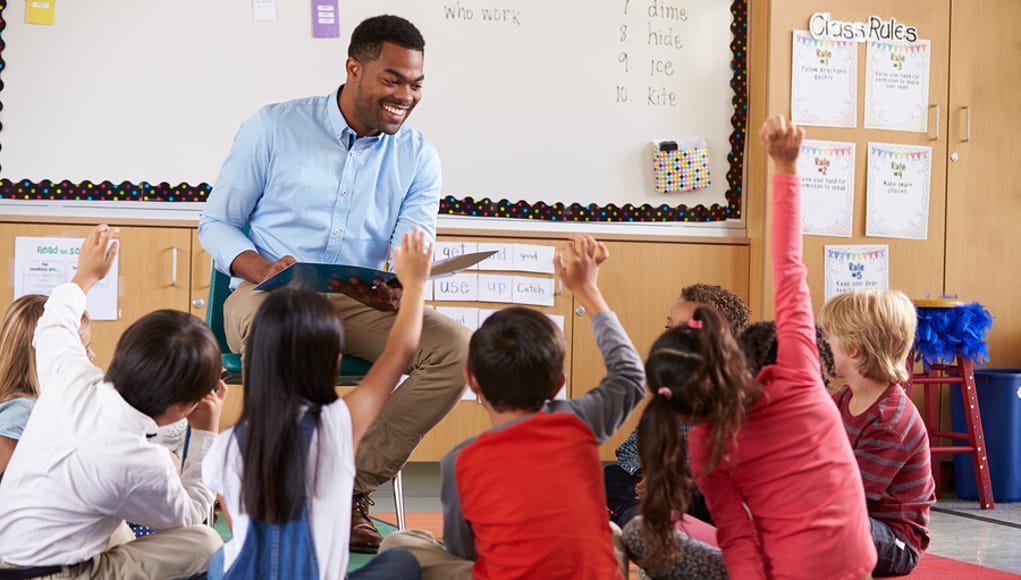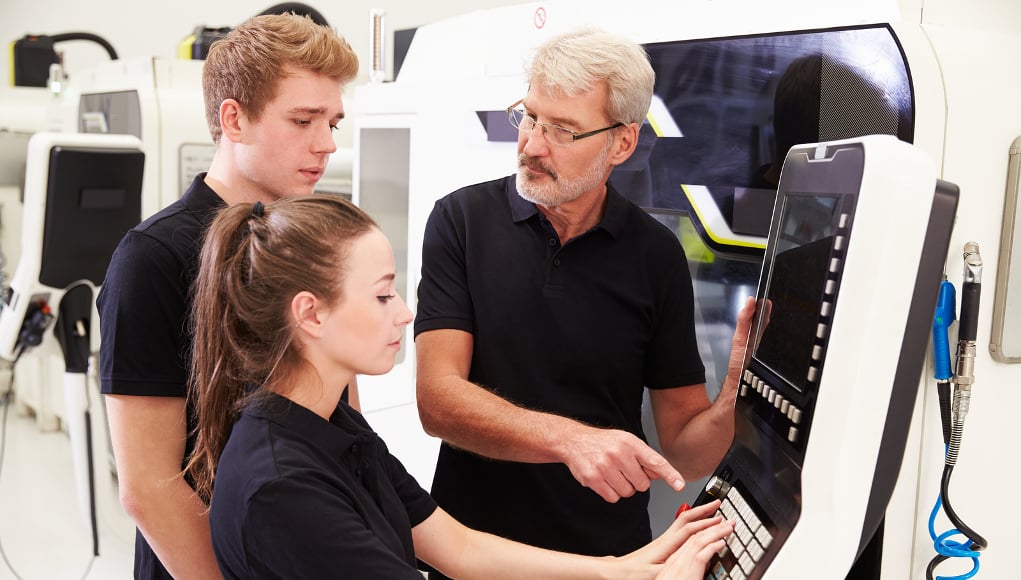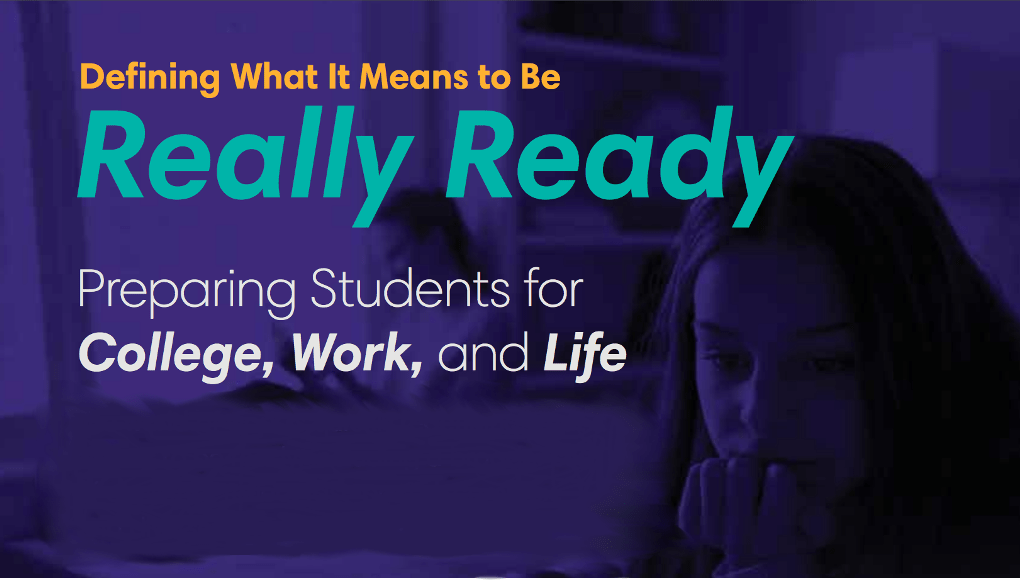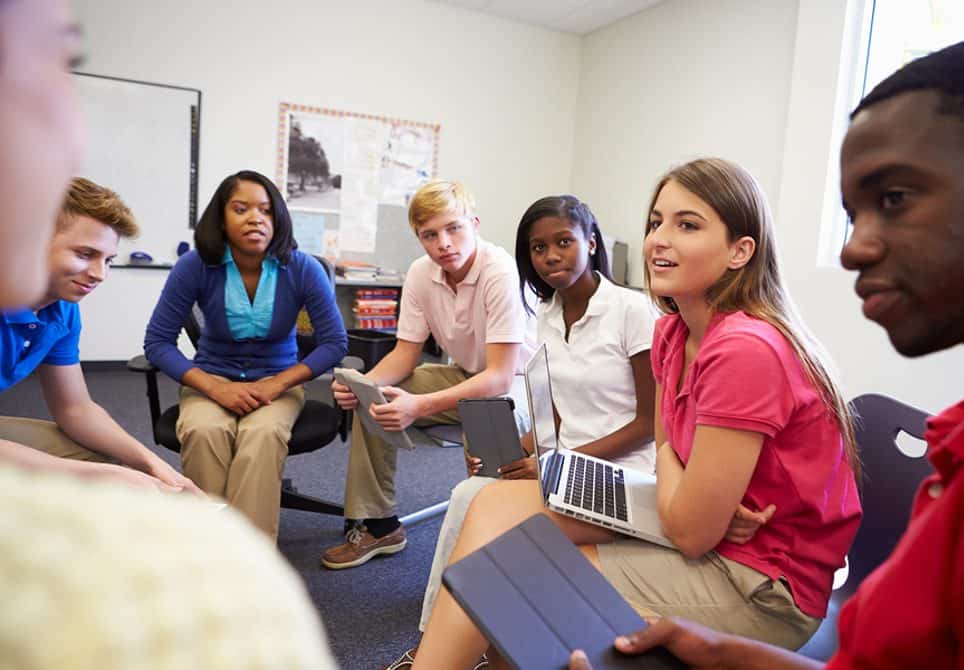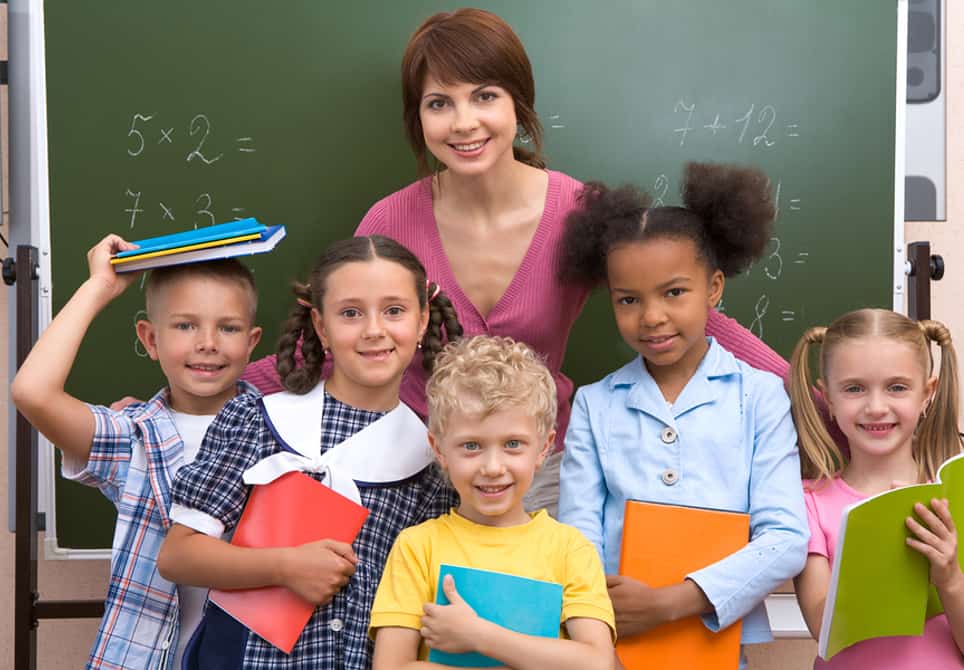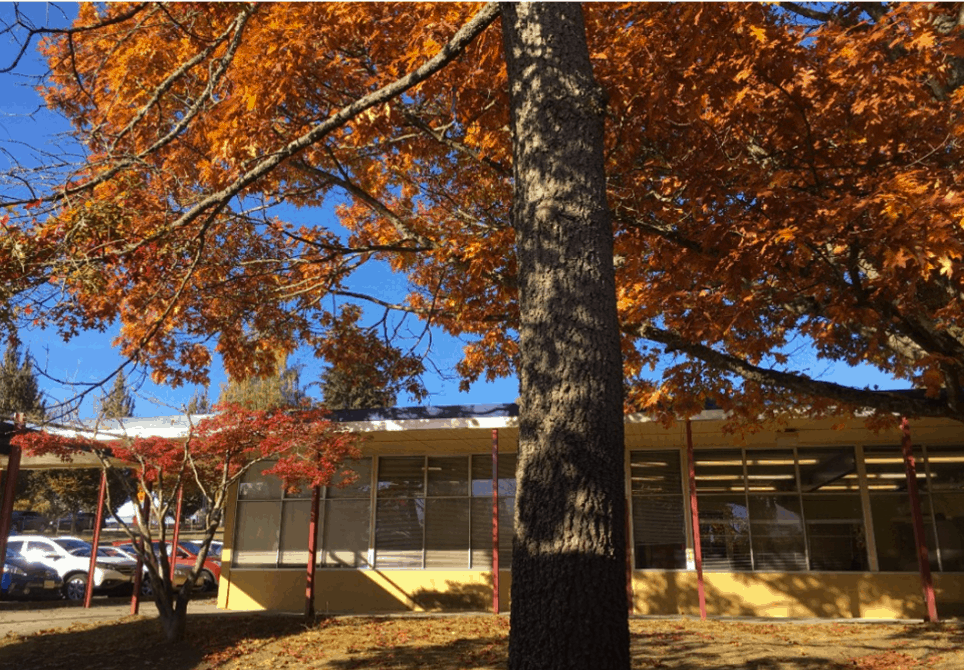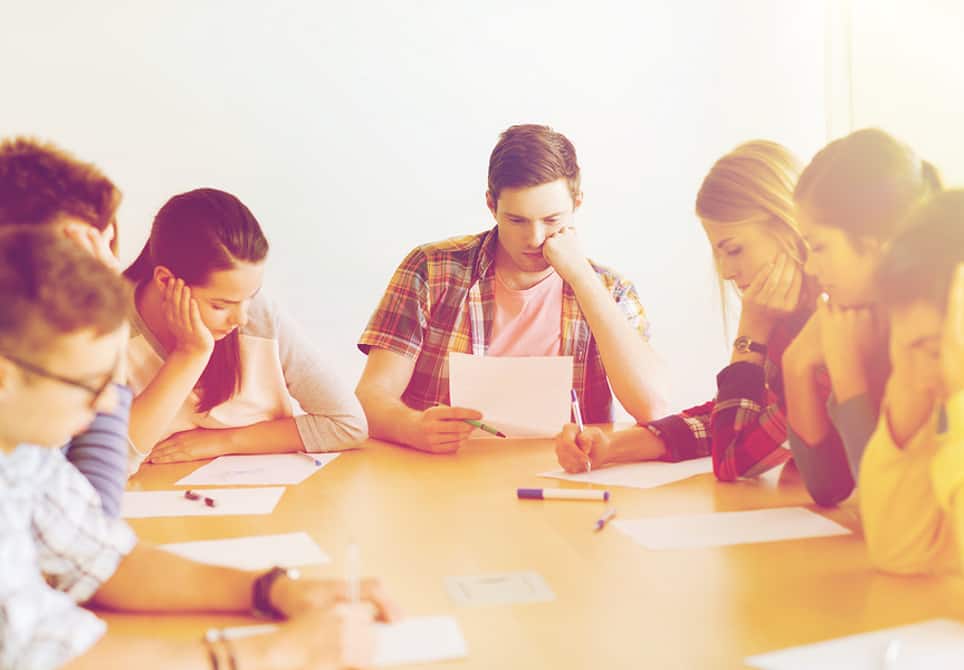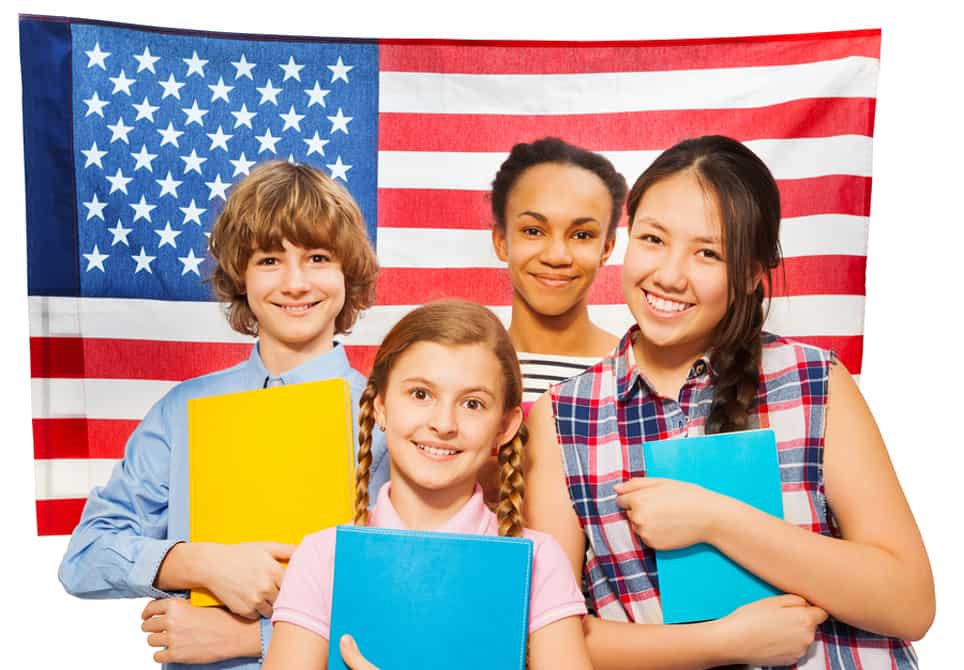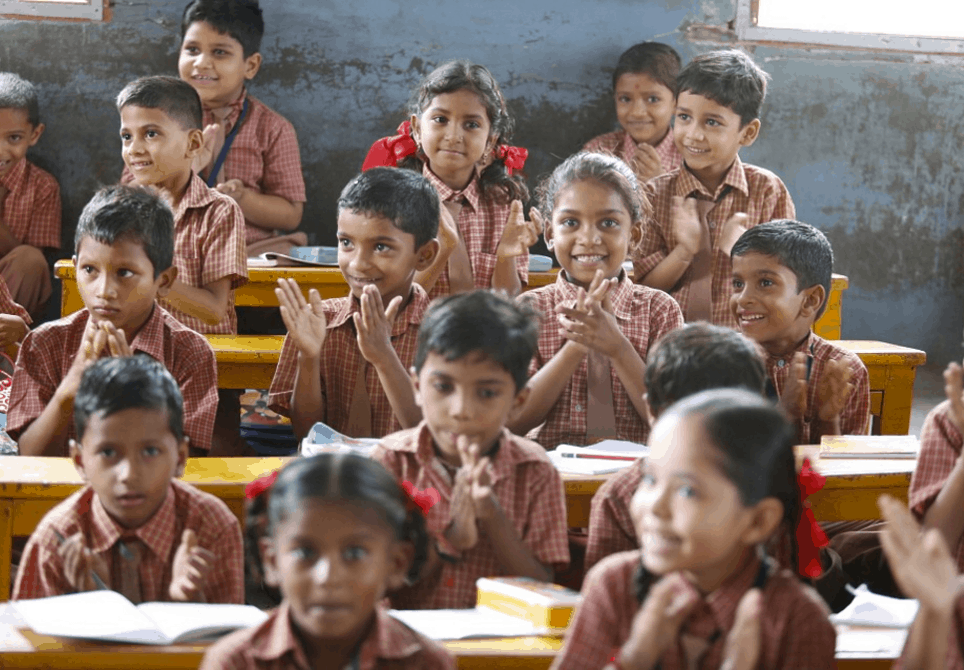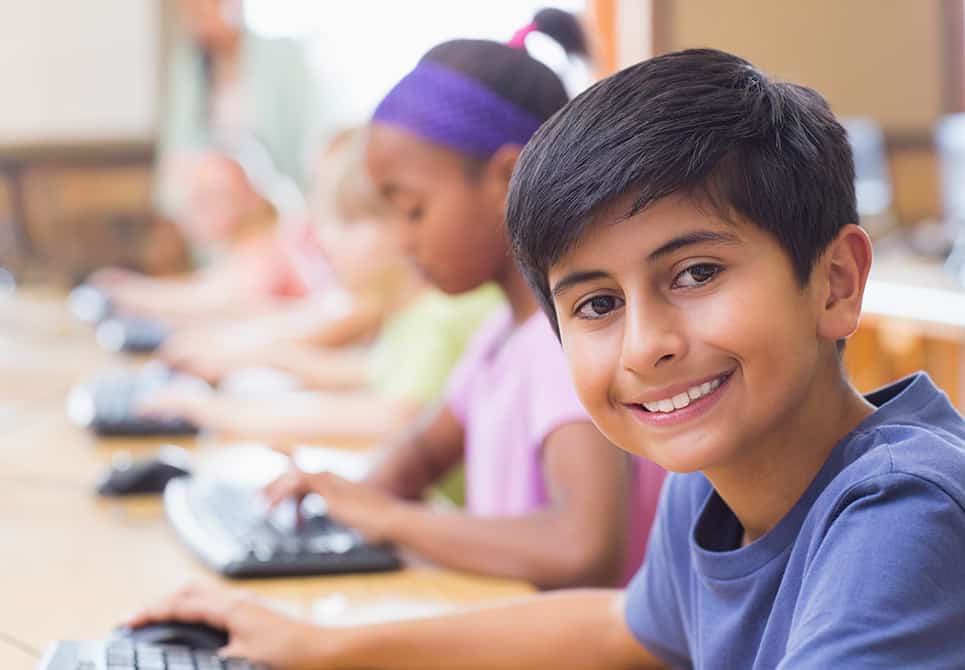SEL & Mindset
Social Emotional Learning (SEL) is the deliberate commitment to including a framework of essential skills and dispositions that complement academics but historically have not been a part of curricular design. Learners acquire and effectively apply the skills necessary for self-regulation or managing and talking about emotions, forming relationships, setting goals and demonstrating empathy during their learning.
What Students (and Schools) Can Do if We Stop Ranking Them
By: Rhonda Broussard. Are we preparing every student for the world they are entering, or are we investing in a factory model of education designed as an assembly line? The old model of education is under question, and we have some hard decisions to make.
Business Partnerships in PBL…What Does That Really Mean?
By: Tony Donen. In my work as principal at STEM School Chattanooga, I have found several cost friendly and mutually beneficial solutions that connect businesses, students and teachers that I call "Business Partner PBL."
Infographic | Really Ready for College, Work and Life
This infographic highlights how not all students are getting what they need for college, work and life, and how particular strategies and supports can be a solution for districts looking to help every student be really ready for the future.
How Dialogue Teaches Critical Thinking and Empathy
By: Dr. Ian Jamison. Students see misleading information and heated exchanges on the internet every day. How can we help them develop the ability to shun the vitriolic exchanges that can happen online and learn to engage in true, productive dialogue?
There Are No Silver Bullets: 3 Levers For SEL Success
By: Jillian Darwish. Change in education is possible by utilizing the science of character strengths and SEL to remake school culture. Here are three critical success factors needed to create positive learning cultures for SEL success.
Personalization and Real-World Learning at Big Picture Schools
By: Rosie Clayton. As part of my exploration of innovation ecosystems in education across the U.S., I had a chance to visit two Big Picture Learning schools and found these six aspects of the schools extremely impressive.
5 Ways to Teach Students to Think for Themselves
21st-century learning means preparing students for a world that we can’t even imagine where they will need skills to think for themselves. Here are five ways we can start preparing them for future success.
Engaging Students with the Values of Democracy
By Cleary Vaughan-Lee. Educators across the country are eager to integrate the values of democracy into the classroom in connection to the current political landscape.
4 Concentration Activities for Students
By: Riya Sander. Keeping students engaged through an entire day of classes is a struggle many educators face. Here are four fun classroom activities to help boost student focus and participation.
Should I Grade-Skip My Gifted Child?
By: Jonathan Wai, Ann Lupkowski Shoplik and Susan Assouline. One effective way to help talented students remain intellectually challenged and engaged in school is to have them skip a grade. But how do you decide this is right for your child?


